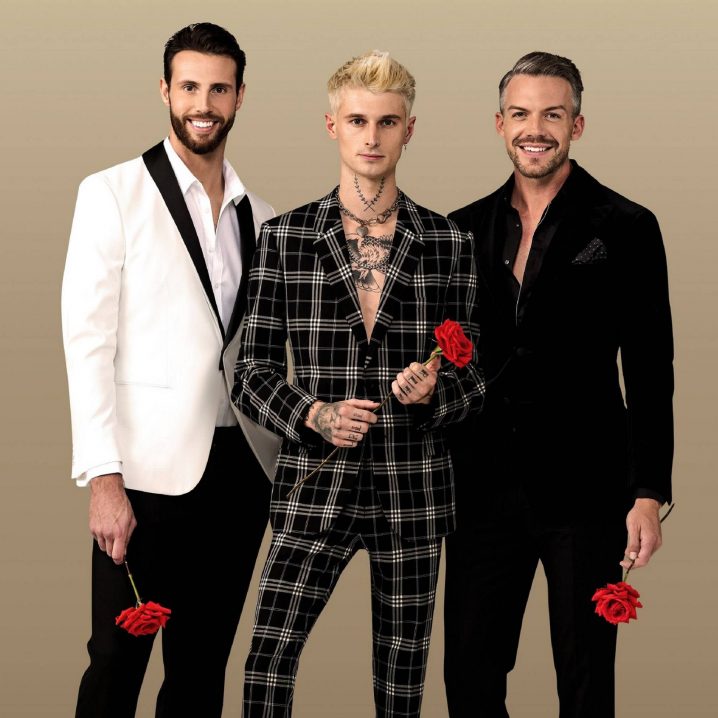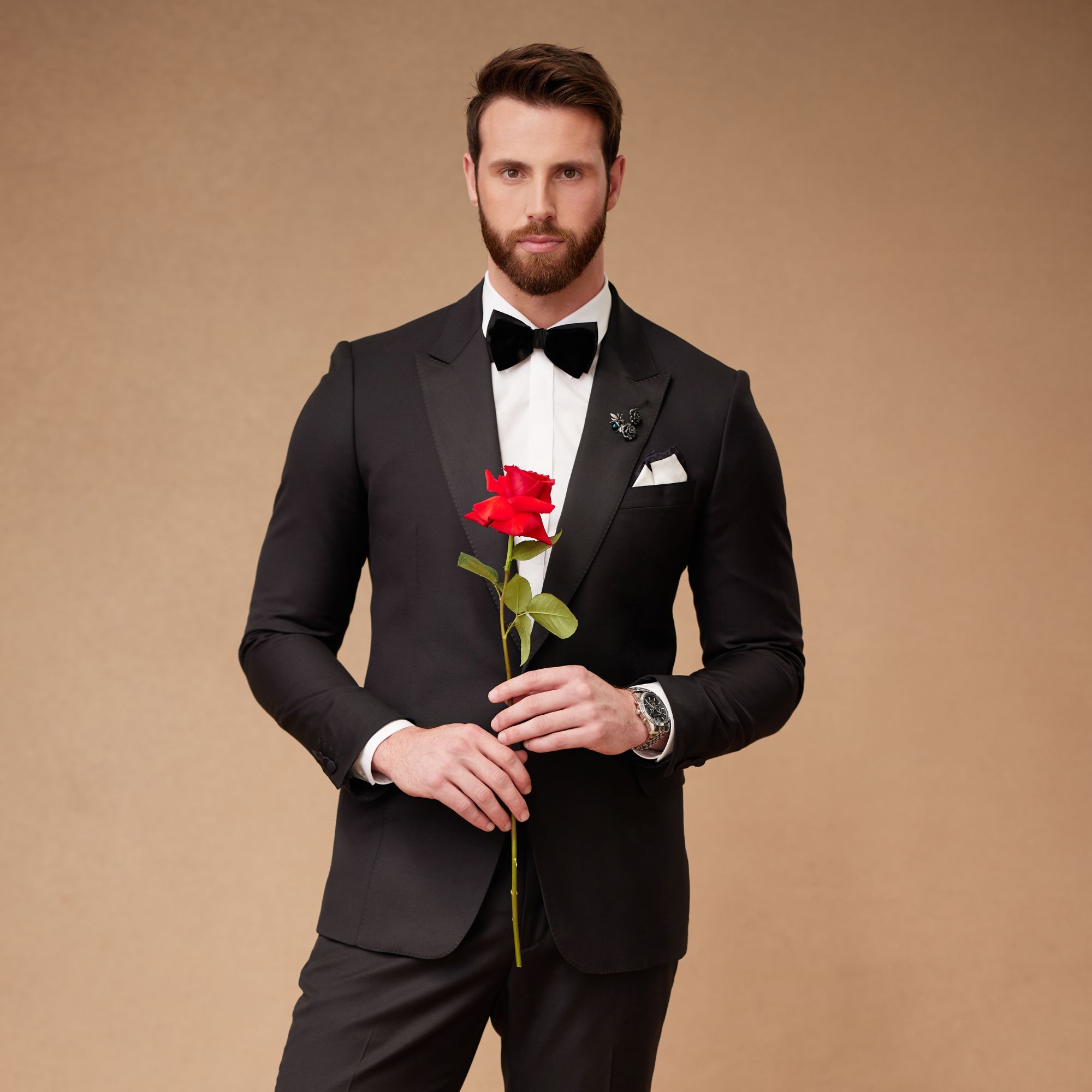
- POPSUGAR Australia
- Celebrity
- Having Three White Men Front The Bachelors Isn’t Groundbreaking, It’s Just Sad
Having Three White Men Front The Bachelors Isn’t Groundbreaking, It’s Just Sad

It’s been nine years since The Bachelor Australia first premiered, and it seems as each year passes, more people choose to tune out. Following last year’s poor ratings, Channel 10 announced that The Bachelor Australia will have three leading men for the first time ever.
You see, they wanted to shake things up, but my question to them is — have they? The three eligible singles are Felix Von Hofe, Jed McIntosh and Thomas Malucelli, and spoiler alert: They’re all white.
Network television in Australia has a track record of keeping people of colour off our screens. On the off-chance they do decide to feature someone who isn’t Caucasian, it’s usually paired with an offensive stereotype or negative connotation.
Since the first season of The Bachelor Australia, we’ve seen seven white men attempt to find true love. Blake Garvey (Season 2) and Jimmy Nicholson (Season 9) have been the only men of colour to front the show.
I’ve never expected much from Australian television, because for far too long, I’ve been disappointed with the way people of colour are represented, if they’re even represented at all. However, since the casting announcement, I can’t help but feel as if it’s almost a joke at this point. Television networks are well aware of their diversity issue, which aggravates this entire situation because they’re choosing to do absolutely nothing about it.
The message is loud and clear: We people of colour aren’t worth thinking about, as they’ve proven time and time again. Diversity doesn’t mean finding three caucasian men with different hair colours, and clearly, I’m not the only one that thinks so.
One look at The Bachelor’s Instagram page will tell you everything there is to know about how audience members are feeling, and spoiler alert: They’re not happy.
“White man. White man. White man. The diversity is next level,” said one Instagram user. With another adding: “Three Bachelors and still not a man of colour? Really?!”
Sure, the franchise has tried in the past. For example, they had Brooke Blurton, as the first Indigenous and bisexual Bachelorette and Jimmy Nicholson who was of New Zealand and Fijian heritage. But are we really okay with them doing the bare minimum?
Last year, Beverley McGarvey, who is the Executive Vice President and Chief Content Officer for Paramount ANZ, told TV Tonight that The Bachelor is “certainly not the easiest show to cast” and that “it’s a particular type of show, and there are certain cultural groups that don’t want to be part of that.”
“That is absolutely fine and it is disrespectful of us to try and encourage particular groups to be part of something they don’t want to be part of.”
As a Pakistani woman, I somewhat get it. Our communities aren’t exactly putting their hand up to appear on a dating reality show, but the ones who are, have said time and time again that they were tokenised during their time on the show.
Last year, I spoke to The Bachelorette contestant Ritu Chhina — an openly queer, South Asian woman — who told me that Australia still has a long way to go.
“Even in The Bachelorette environment, a lot of things I wanted to discuss about being a South Asian woman and what coming out was like, I didn’t feel like I got to the point where I could have been frank about it,” she said.
“I didn’t even know I cared that much about queer and South Asian rights and having a voice. I’m a writer and even this experience has triggered me into thinking I should write about this. Now I have new emotions about it.”
This isn’t just an issue within The Bachelor/Bachelorette franchise. We’ve seen people of colour being mistreated on so many shows that we’ve somewhat become accustomed to it.
Despite being on television for over a decade now, comedian Nazeem Hussain, who is of Sri Lankan heritage told The Latch that he still gets confused with the host of The Project Waleed Aly.
“Australian media has a massive diversity problem, and it’s so weird because there are only a couple of us brown men on television so you would think they would get it right,” he said.
“There’s only a couple of names to memorise! If you walked out on any street in Melbourne and then turned on the television, you’d think you’re in different countries. Television doesn’t represent the reality of Australian multiculturalism.”
I’ll be tuning in to The Bachelors Australia as I do every year, but this time, it will be with a heavier heart. Who knows, maybe we’ll see some representation amongst the females on the show.


